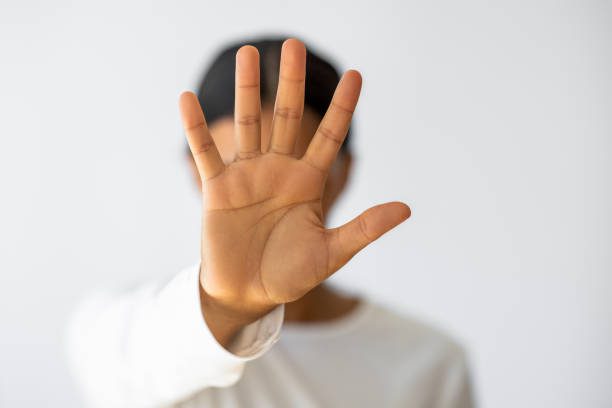This content is for informational and educational purposes only. Always consult a qualified healthcare provider.
Some days I’m more scared of people’s reactions than I am of my own pain.
Not the pain of the actual mental breakdown. The pain of how people look at you afterward.
The weird mix of pity, panic, and pretending they’re suddenly “too busy” to deal with you.
That’s what stigma feels like.
It’s not just a word.
It’s a sentence.
A life sentence.
📋 Table of Contents
The Key Takeaway.
Stigma isn’t loud. It doesn’t scream in your face. It whispers, makes you shrink yourself, and teaches you to smile through your pain. This article isn’t here to educate you with facts. It’s here to slap the stigma off your face. Because if you’ve ever been judged, dismissed, side-eyed, or shut down for your mental health, you know the facts didn’t save you. Realness did.
Why “Mental Health” and “Stigma” Should NEVER Be In the Same Sentence.


Mental health = a normal part of every single human being’s life.
Stigma = shame, rejection, gossip, fear, and all the awkward energy that follows when you’re honest about your mind.
So tell me, why are we still acting like the two belong together?
It’s like putting “clean water” and “toxicity” in the same sentence. It simply doesn’t make sense.
No, it doesn’t.
Stigma shows your trauma. It shows your makeup running. It shows the face you can’t keep holding up.
Stigma Around Mental Health.
Stigma doesn’t show up wearing a name tag. It shows up wearing a fake smile.
- You’ll see it in the way people pause when you say you’re in therapy.
- Or the awkward silence after you say, “I’m not okay.”
- Or the way your family’s energy changes when they hear you take meds for your mind, not malaria.
And don’t even get me started on the ones that hit you with: “But you don’t look depressed.”
Oh wow, sorry. I must’ve forgotten to wear my mental illness uniform today.
Stigma is SO subtle. It’s polite. And that’s what makes it dangerous.
Because it teaches you to doubt your own truth.
It teaches you to second-guess every time you want to speak up.
You’ll start asking yourself:
- “What if they think I’m dramatic?”
- “What if I lose the job?”
- “What if they never see me the same?”
Most of us are not scared of our mental illness. We’re scared of what it costs us in society.
- Our jobs.
- Our relationships.
- Our “image.”
Because stigma turns you from “a person going through it” into “the girl who’s not stable.” And once they put that label on you?
You’re DONE.
- Everything you say becomes “sensitive.”
- Everything you feel becomes “overreacting.”
- Every time you cry, they pull out the “you know how she is” card.
Tired doesn’t even begin to cover it.
In Order To Survive the Stigma:
- You become a performer. You smile at brunch. You reply “I’m fine.” You give advice you don’t even believe anymore, because it’s safer than being honest.
- You start hiding. You post your selfies. You send memes. You laugh in group chats. But your Notes app? Hm!
- You stop reaching out. Not because you don’t need help. But because you’re tired of explaining. Tired of being misunderstood. Tired of EVERYTHING.
- You might even start believing you’re the problem.
And Can We Talk About How Stigma Doesn’t Only Come From Strangers?
Sometimes it’s your family, your church, your own voice, repeating what society taught you:
- “Why are you like this?”
- “You should be stronger.”
- “Don’t say too much, they’ll think you’re weird.”
It is emotional gaslighting on a global scale.
- You’re trained to smile through mental pain.
- You’re applauded for pretending.
- And when you finally break? Everyone acts shocked.
So What Now? What Do We Do With All This Shame?
Well, stigma is not your fault. But the healing has to be your rebellion.
- Start small.
- Tell the truth in safe spaces.
- Speak up, even when your voice shakes.
- And most importantly, stop asking small minds for big understanding, they simply can’t give it to you.
Your mental health is not a confession. It’s a fact. You don’t owe anyone “normal.” You owe yourself peace.

